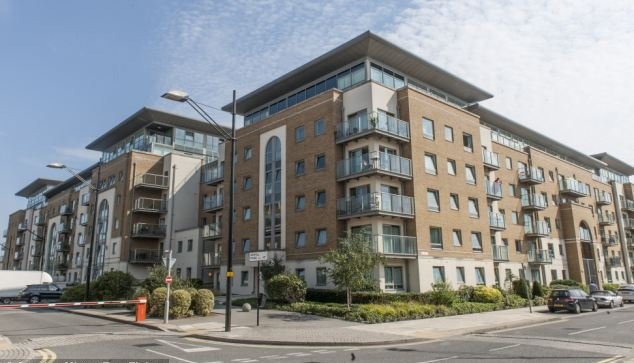Further to an article released by News on the Block Property Pain – Service Charges increasing rapidly whereby they took research by landlord insurance provider, Direct Line for Business, there needs to be some balance regarding service charges.
The research suggests that the average service charge fee a leaseholder now pays to cover their share of the overall building maintenance, is now £1,863. Put this figure against the average monthly rental income of £906 to a landlord and it becomes very obvious that when taking on a lease, one must take into consideration not only tax, mortgage payments, management / agency fees and ground rent but a good budget for service charges.
There does seem to be an increasing trend for new-builds to include amenities such as 24-hour concierge, gyms and cinema rooms, and therefore the research will average the high costs of this apartments. In such scenarios such as this, whereby the service charges will inevitably much higher, the landlord must realise that the costs add value to the property.
Allsquare Law’s Enayat Ahmed comments on the legal facts surrounding the service charge demands as follows:
Despite rising service charges, there are many hurdles landlords must overcome before a tenant is liable to pay the demands. The two main hurdles are:
Section 20 consultation and Requirement of reasonableness of the charges.
I am covering Section 20 consultation in this Article:
Landlords do not have a free rein to charge whatever they want to leaseholders. Section 20 of the Landlord & Tenant Act 1985 require notices to be served on leaseholders where each leaseholder is expected to contribute more than £250 towards the costs of qualifying works or more than £100 for qualifying long-term agreements.
The Section 20 Consultation process has three stages:
- A notice of intention (provide leaseholders with a minimum of 30 days from the date of the notice to consult on the works or long-term agreements);
- Notification of estimates (obtain at least two estimates and serve a notice on leaseholders of the estimates providing a minimum of 30 days to make observations); and
- Notifications of award of contract (serve a notice where the chosen contractor is not the cheapest estimate).
If consultation is not undertaken, the landlord may not be able to recover costs over £250 or £100 per leaseholder as outlined above (however, landlords may be able to make an application to the First-Tier Tribunal for dispensation from Section 20).
To sum up – landlords are under immense pressure to provide better and more services at lower costs.
Any queries on legalities and debt recovery arising from this article – please contact me – elaine.pasini@allsquarelaw.com

